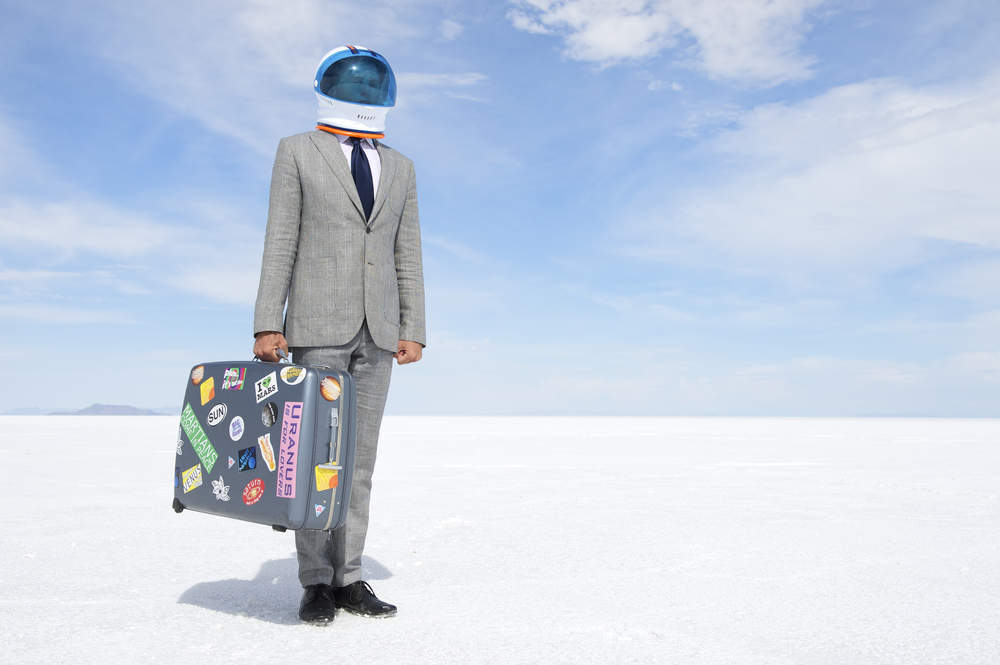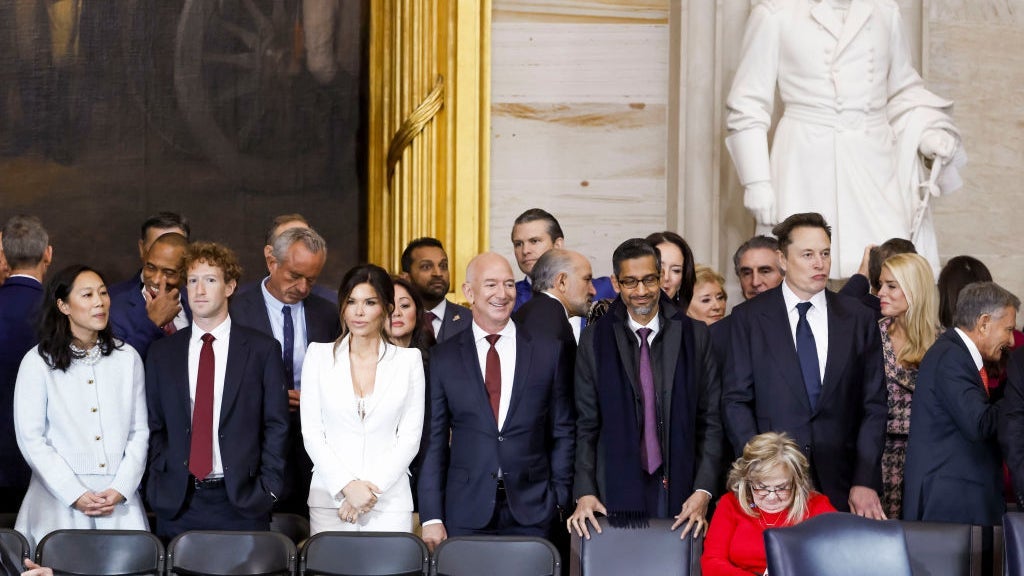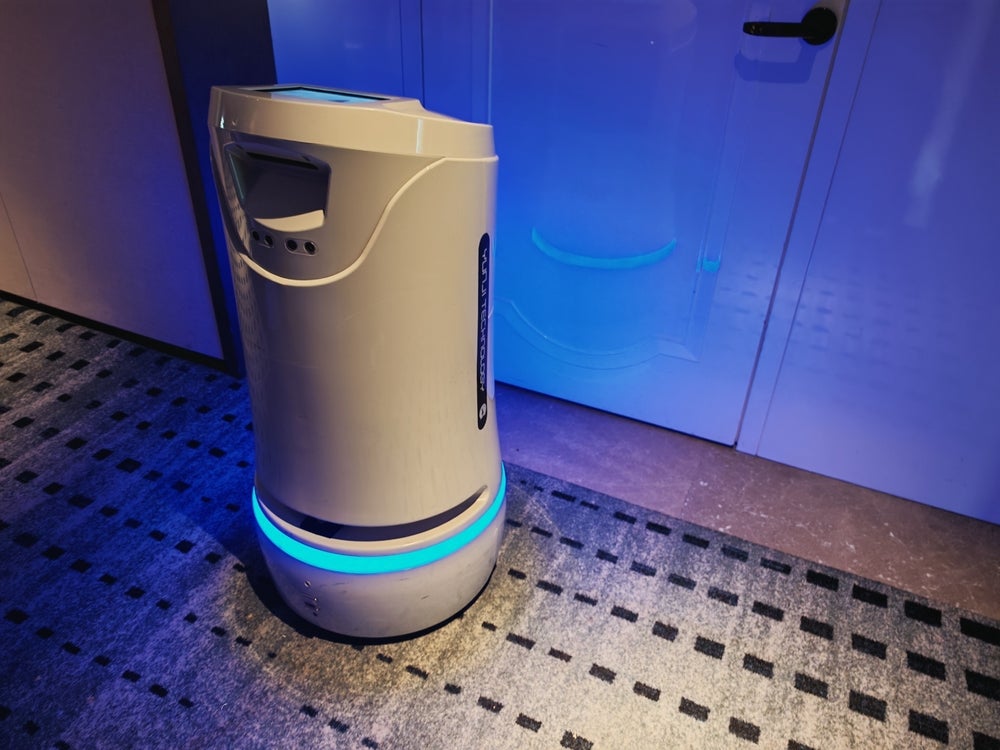A number of companies are competing to be the first to make space tourism a reality, namely Virgin Galactic, Boeing, SpaceX, and Blue Origin.
Although 2018 is predicted to be a landmark year for many of these companies, is space tourism is likely to remain somewhere in the distant future?
When Virgin founder Richard Branson was asked about what he was most excited about this year, he answered “hopefully going into space”.
On the 11 January, Virgin Galactic successfully completed a glide test of its spacecraft – the VSS Unity.
The test confirmed the spacecraft’s ability to land safely after descending at high speed, bringing the company one step closer to making space tourism a reality and reaching Branson’s goal of achieving space travel by April 2018.
If and when space tourism is achieved, it will undoubtedly be an exclusive holiday.
Tickets for Virgin Galactic are currently priced at $250,000, although, 600 people have already paid a deposit to secure a seat.
Space X and Boeing are currently collaborating with NASA to bring astronauts to the international space station; Boeing’s CST-100 Starliner and SpaceX’s Crew Dragon are expected to carry astronauts into orbit in November and December respectively.
Successfully bringing NASA personnel into space will be an important step before the companies can charge high-spending tourists for the privilege.
Once Space X has completed the mission for NASA, the company is set to take two private citizens on a journey around the Moon in the spacecraft, stating the citizens have already paid a “significant deposit” in order to do so.
But, given the major and hugely ambitious task these companies face, setbacks are almost inevitable. Numerous dates have been mentioned in the past for as a deadline for space tourism to begin, and have been missed.
Notable setbacks include the crash of Virgin’s VSS Enterprise in 2014 which claimed a pilot’s life and SpaceX’s Falcon 9 rocket exploding while on a launch pad in 2016 – becoming the second rocket in a little over a year the company had lost.
Short-term targets for space tourism to be achieved are optimistic; the companies competing to take tourists into space are going to face obstacles which will push the dates for achievability further into the future.







